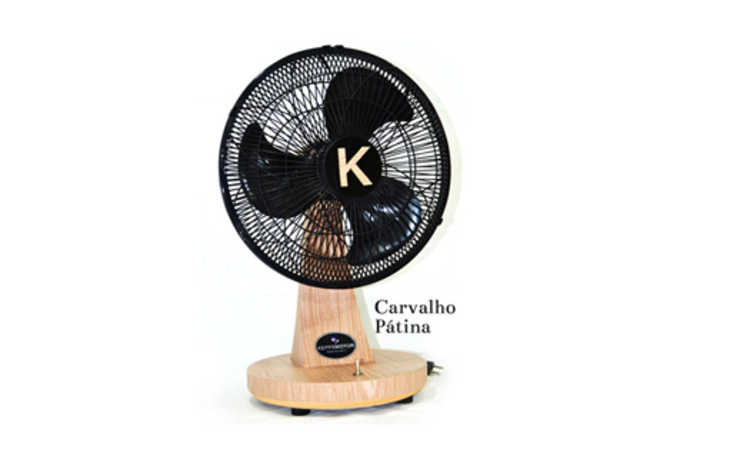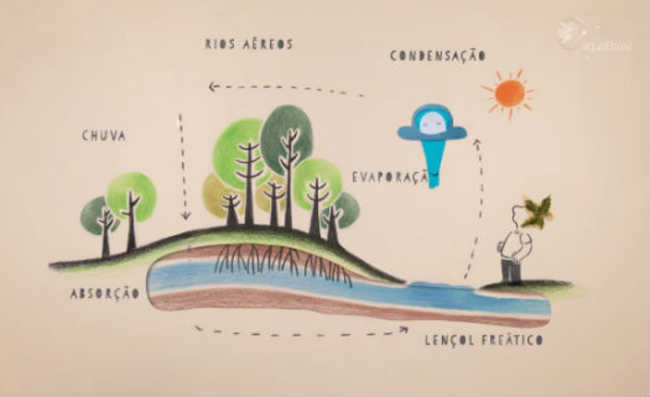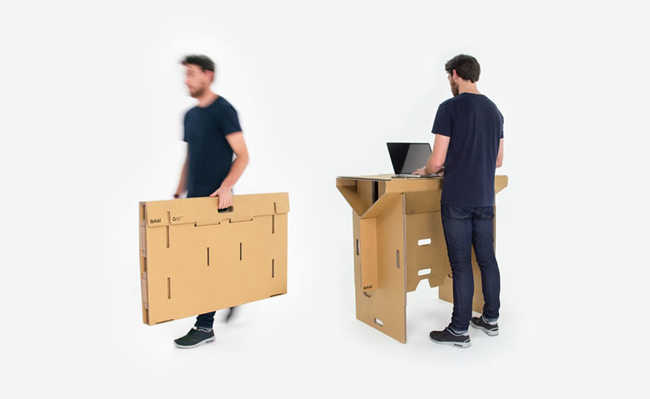What is constipation?
Constipation is a disorder characterized by persistent difficulty in evacuating.

Constipation, in common parlance known as constipation, is a disorder characterized by persistent difficulty in evacuating. Constipation usually appears when the diet has an excess of animal protein and little vegetable fiber, water and exercise. But it can also appear in cases of travel and stress. Understand:
- What are high fiber foods
The main function of the colon (most of the large intestine) is to absorb water from waste food to form the fecal bulge. The muscles in this region of the body expel stool through the rectum. If they remain in the colon for too long, there can be excessive water loss and consequent constipation.
Soluble fibers present mainly in plant foods, when in contact with water, form a kind of gel. This texture increases the weight and size of the stool while facilitating its passage through the rectum.
- Foods Rich in Soluble and Insoluble Fiber: Understand the Difference!
Common causes of constipation include:
- low-fiber diet (particularly diets high in meat, milk or cheese);
- dehydration;
- lack of exercise;
- travel or other changes in routine;
- certain medications such as high calcium antacids and pain relievers;
- pregnancy;
- stress;
- certain diseases such as stroke, Parkinson's disease and diabetes;
- problems in the colon or rectum, including bowel obstruction, irritable bowel syndrome, or diverticulosis;
- excessive use or misuse of laxatives;
- hormonal problems, including underactive thyroid gland.
What are the symptoms of constipation?
- less than three bowel movements per week;
- stool with a hard, dry appearance;
- intestinal pain;
- feeling of "full belly" even after having a bowel movement;
- rectal blockage.
Who is at risk of developing constipation?
Having a low-fiber diet and not exercising are the main causes of constipation. However, constipation can arise because of other factors such as:- Age 65 or older: older people tend to be less physically active, and have lower fiber diets;
- Being bedridden: Those who have certain medical conditions, such as spinal cord injuries, often have difficulty evacuating;
- Being a woman or a child: women and children have more frequent episodes of constipation than adult men;
- Being pregnant: The hormonal changes and pressure in the intestines generated by the growing fetus can lead to constipation.
How is constipation diagnosed?
Many people affected by constipation choose to self-treat by changing their diet, increasing exercise, or using over-the-counter laxatives. However, laxatives should by no means be used without a prescription. The body can become dependent on laxatives and, over time, the person may faint and have vitamin and immunity deficiencies.- Hyperthyroidism and hypothyroidism: what's the difference?
You should seek medical help if:
- had constipation for more than three weeks;
- has blood in the stools;
- have abdominal pain;
- is experiencing intestinal pain;
- is losing weight;
- you have sudden changes in your bowel movements.
The doctor or doctor may ask questions about your symptoms, medical history, and any underlying medications or conditions. Rectal and blood tests may be performed to check your blood count, electrolytes, and thyroid function. In more severe cases, x-rays and other more complex exams may be ordered.
How to treat and prevent constipation
Changing your diet and increasing physical activity are the easiest and fastest ways to treat and prevent constipation. But it is also indicated:
- Every day, drink 1.5 to 2 liters of sugar-free and decaffeinated liquids such as water;
- Limit the consumption of alcohol and caffeinated beverages, which cause dehydration;
- Add fiber-rich foods to your diet such as raw fruits and vegetables, whole grains, beans, plums and probiotics. Your daily fiber intake should be between 20 and 35 grams;
- Cut down on foods that are low in fiber such as meat, milk, cheese and processed foods;
- Get about 150 minutes of moderate exercise each week, with a goal of 30 minutes a day at least five times a week (try walking, swimming, or cycling);
- If you feel like evacuating, don't waste your time. The longer you wait, the harder it can become;
- Add fiber supplements to your diet if necessary. Just remember to drink lots of fluids because they boost fiber action;
- Use laxatives sparingly. Your doctor may prescribe laxatives for a short period of time to help soften your stool. But never use laxatives for more than two weeks without a prescription;
- Consider adding probiotics to your diet, such as those found in sauerkraut and kimchee, with live active cultures. Studies have shown that this change in diet can be helpful for those with chronic constipation. Learn more about probiotics in the article: "What are probiotic foods?".
Don't be discouraged, most cases of constipation are mild and easily treated with changes in diet and exercise. If you are experiencing chronic or acute constipation along with other bowel changes, it is important to seek medical help.
Adapted from Wikipedia, Drauzio and Healthline










